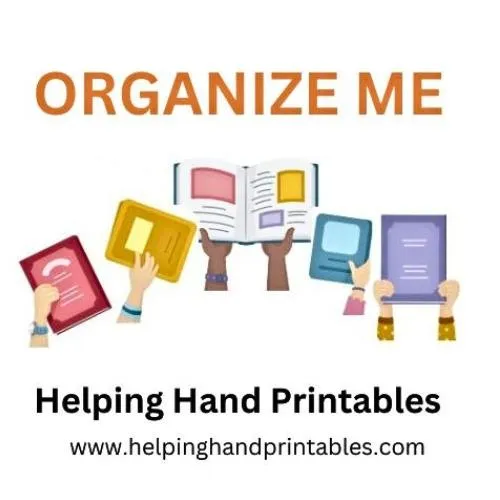This article will be attached to your I'm Right-You're Wrong printables purchase
Understanding the “I’m Right-You’re Wrong"
Insecurity: Some people engage in the "I'm right-you're wrong" mentality because they feel insecure about themselves and their beliefs. Asserting their correctness gives them a sense of validation and control in uncertain situations.
Need for Control: Others may adopt this behavior because they have a strong need to control their surroundings and interactions. Insisting on being right allows them to dictate the narrative and maintain a sense of authority.
Fear of Being Wrong: Some individuals fear being wrong or making mistakes, leading them to adamantly defend their opinions even in the face of contradictory evidence. Admitting fault feels threatening to their self-image.
Desire for Approval: People may engage in this behavior because they crave validation and approval from others. They believe that being right will earn them respect and admiration, bolstering their self-esteem.
Lack of Empathy: Individuals who lack empathy may struggle to understand or consider others' perspectives. They prioritize their own viewpoint above all others, dismissing alternative ideas without genuine consideration.
Competitive Nature: Some people view interactions as competitions where winning means proving oneself right and others wrong. They thrive on the thrill of intellectual dominance and see conceding to others' viewpoints as a sign of weakness.
Ego Protection: The "I'm right-you're wrong" mentality can also serve as a defense mechanism to protect one's ego. Admitting fault or considering alternative viewpoints threatens their sense of self-worth, so they vigorously defend their position.
Past Conditioning: Individuals may have been conditioned from childhood to believe that being right equates to success and worthiness. They carry this mindset into adulthood, unable to break free from ingrained patterns of behavior.
Avoiding Vulnerability: Engaging in this behavior allows some people to avoid feelings of vulnerability or uncertainty. Admitting they might be wrong requires them to confront uncomfortable truths about themselves or their beliefs.
Lack of Self-Awareness: Finally, some individuals may simply lack self-awareness and fail to recognize the negative impact of their behavior on themselves and others. They may be oblivious to the harm caused by their insistence on being right.
Dealing with the “I’m Right-You’re Wrong”
Promote Active Listening: Encourage individuals to actively listen to others' perspectives without immediately dismissing them. This fosters mutual understanding and respectful dialogue.
Encourage Empathy: Help individuals develop empathy by considering situations from others' viewpoints. Understanding others' perspectives can lead to more empathetic and collaborative interactions.
Emphasize Collaboration: Highlight the value of collaboration and teamwork in achieving common goals. Encourage individuals to work together towards shared objectives rather than focusing solely on individual success.
Practice Assertive Communication: Teach individuals to communicate assertively, expressing their thoughts and opinions respectfully while also being open to feedback and alternative viewpoints.
Promote Self-Reflection: Encourage individuals to reflect on their own behavior and its impact on others. Self-reflection can lead to greater self-awareness and personal growth.
Provide Conflict Resolution Skills: Offer training in conflict resolution techniques to help individuals navigate disagreements and differing opinions constructively.
Establish Boundaries: Set clear boundaries regarding acceptable behavior and communication within teams or groups. This helps prevent instances of "I'm right-you're wrong" mentality from escalating into conflicts.
Offer Mediation: Provide mediation services or facilitate discussions between individuals who are in conflict to help them find common ground and resolve differences peacefully.
Promote Flexibility: Encourage individuals to remain flexible and open-minded in their thinking. Being willing to consider alternative viewpoints can lead to more creative problem-solving and collaboration.
Celebrate Diversity: Emphasize the value of diversity in perspectives and experiences. Celebrate the unique contributions that each individual brings to the table, fostering a culture of inclusion and appreciation.
Disclaimer: The results achieved through the use of our printable guides are solely dependent on the individual's efforts and commitment. While our resources are carefully designed to support personal growth and development, we cannot guarantee specific outcomes or success. It is important to understand that the effectiveness of our guides is contingent upon the dedication, persistence, and active participation of the user. Success is not guaranteed unless the individual consistently applies the strategies and techniques outlined in the guides. We encourage users to approach their journey of self-improvement with realistic expectations and a willingness to invest time and effort in their personal growth.
